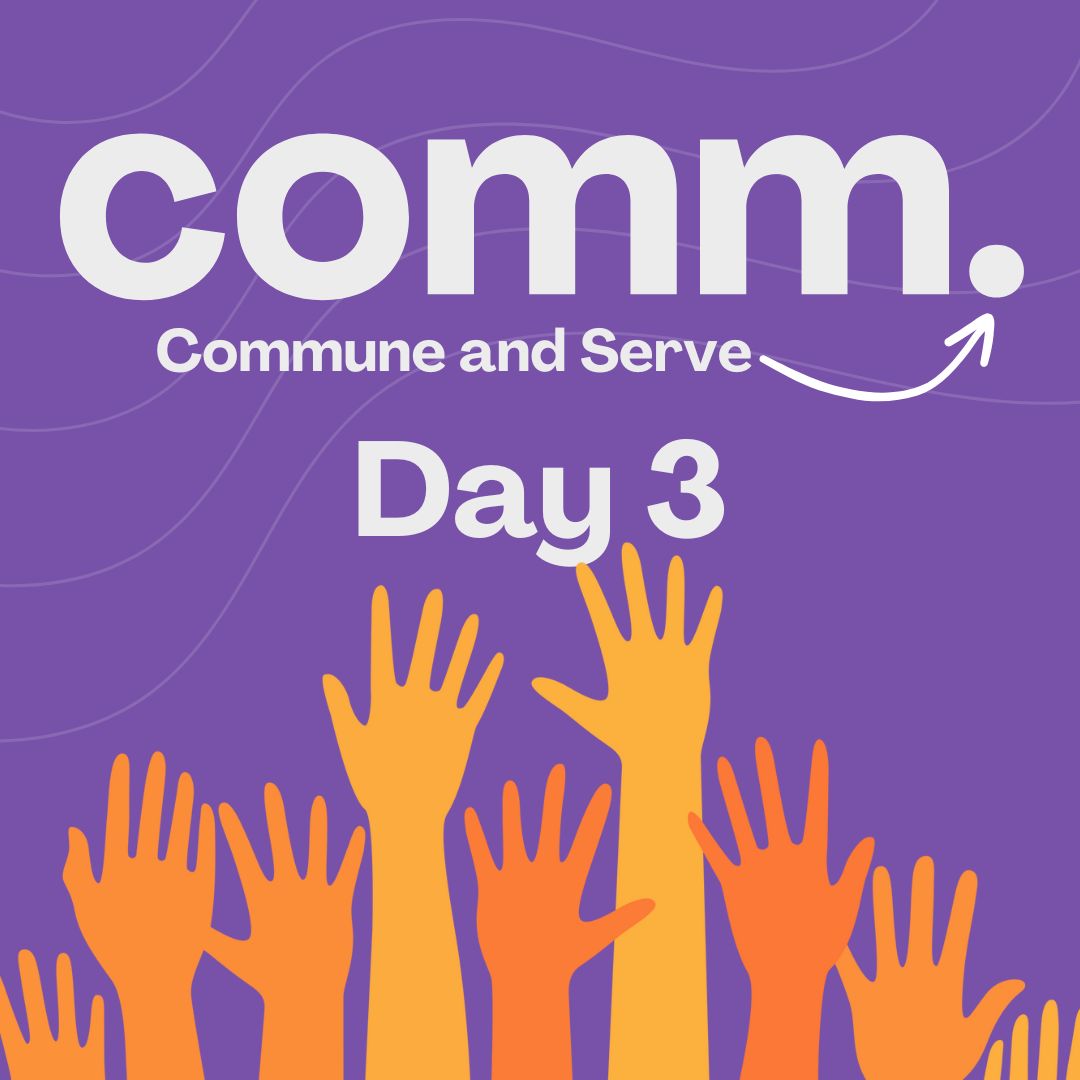So that there should be no division in the body, but that its parts should have equal concern for each other.
1 Corinthians 12:25
Picture a community where everyone understands and lives the truth that we are not just neighbors but we are intricately connected, relying on each other for our collective prosperity. This is the essence of Paul’s message to the Corinthians. He presented a radical notion: the eye cannot dismiss the hand, saying, “I don’t need you,” nor can the head disregard the feet, saying, “I don’t need you.” In a society that often promotes self-sufficiency, Paul’s words guide us toward a radical reliance on each other.
This concept isn’t about losing our individuality; instead, it’s about embracing our unique roles so completely that we realize we can’t function fully without the other parts. It’s like each of us is a different instrument in an orchestra. Sure, a flute or a violin can play solo and sound beautiful, but isn’t it so much more profound when all instruments come together, each playing their part, to create something magnificent?
However, living this out requires humility, which doesn’t come naturally to most of us. It means admitting, “I need you.” It’s acknowledging that my gifts are not just for my benefit but for the benefit of others. And it’s recognizing that others’ gifts are there to complete what’s lacking in me. When someone suffers, we all feel that pain. If one person is honored, we all rejoice. That’s community. That’s family.
So, why is it so hard to live this way? Because it means being vulnerable. It means showing up when you need something and when others need you. It’s about giving of yourself, perhaps in ways that cost you time, comfort, or pride. But here’s what I’ve seen: when we truly engage in each other’s lives and give and receive freely, the church becomes a place of unbeatable strength and contagious joy.
Think about this: what would it look like if we depended on each other? I’m talking about a dependence that moves beyond Sunday greetings and gets into the grit of everyday life. It’s about knowing the struggles and victories of the person sitting next to you, and connecting on a level that goes beyond the surface.
Imagine a church not full of consumers but of contributors, a place where everyone is known deeply and cared for genuinely. Where people are so interconnected that the pain of others moves them to action, and the joy of another becomes their own. This kind of radical community could transform our churches and the world.
Godseekers, we’re called to believe in interdependence and practice it. This means trying to know what’s happening in each other’s lives. It means being ready to ask for help and equally ready to give it. It’s about being the kind of community where no one has to suffer or celebrate alone.
Prayer
Lord, break down our walls of independence and pride. Teach us the beauty of depending on one another, just as You designed us to. Let our church be a true community, not just a gathering of individuals. Empower us to live out the radical interdependence that reflects Your kingdom here on earth. Amen.
Personal Reflection
- Where have I been holding back from fully engaging in my community?
- How can I move from simply coexisting with my church family to actively depending on them?
Step of Faith
This week, reach out. If you need help, ask for it. If you see a need, fill it. Let’s be the church that lives out the truth of 1 Corinthians 12—deeply interconnected, each of us essential, all of us necessary. Let’s be a community that lives like we need each other because we do.








